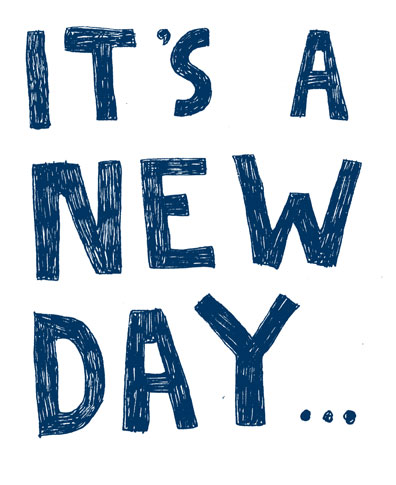la de da de da...
c o n t i n u e d c o n v e r s a t i o n s:
more on Clay Burell's blog:
beyond school - learning tech w/o understanding it
parts of my first comment:
Great conversation. Thank you…
This is huge:
If you can take away the opportunity cost of floundering and instead *use* that floundering as the lesson, then this is no longer an obstacle but an advantage.
The second is more difficult. Getting teachers to understand that the *first* thing they need to learn about these tools – the ones we lump loosely into a box and label “technology” – is how to *learn* with them. Instead, my experience is that teachers only want to know how to *teach* with them.
The focus needs to be on the connections web access allows – to knowledge via people. People aren’t buying in because we’re missing the point. Learning how to learn.
Clay's response:
I’ve tried to respond to your comment a couple times, Monika, but couldn’t nail what I wanted to say. Still can’t, so I guess I’m still not ready.
But I’ll start with saying I’m still uncomfortable with the opportunity cost notion. As a history teacher — which to me means “preparation for informed citizenship” teacher — I’m not sure I want to sacrifice time that could be used learning and drawing conclusions from human history on the altar of failed web 2.0 experimentation.
I see the value of both, though. I’m thinking a separate course — a sort of “Intro to Web 2.0″ — might be more useful than teachers across the curriculum failing and flailing about with the tools when their primary job is teaching content.
And I’m still traditional in thinking content is more important. Without it, we risk churning out what I’ve recently been calling, in my internal monologues, “barbarians with laptops.”
Teachers and philosophers across the centuries have taught successfully without the new tools (to whatever degree we can certainly debate, and could also debate whether the percentage of students who learn well under traditional methods would learn any better via digital means).
And the new tools also enable “connections to knowledge via people” that can be unreliable, which opens a new can of worms.
But I’m still hazy. 
Thanks for the comment.
my reply:
I totally agree - this: sacrificing time that could be used learning and drawing conclusions from human history on the altar of failed web 2.0 experimentation - has been to our demise.
I'm thinking more along the lines of Erica McWilliams term, being "usefully ignorant." Learning what to do when we don't know what to do.
Not - gosh I blundered the tech again - what can we learn from that?...
But, dang, the questions you're asking are beyond my knowledge,... let's google it, or tweet about it, ..etc... to find out. And then obviously research the people, things, etc, we find for accuracy.
I think we have to break away..and do the Clay Christensen disrupting class thing. Kids teaching themselves in a sense, because their journey is their journey. They have created (or their teachers have created) their own network of experts to guide them to knowledge/information.
Currently, in my brain, learning how to use new tools isn't what ed needs. If the need for a tool is there, anyone can learn how to use it. So a separate class for it... hmmm.. I don't know. What we're missing is why we need the tools.
Some reasons I think are good:
I don't want to process static content anymore... I want to follow my passion... I don't want my end project to end up in the recycle bin... I want an authentic audience... I want what I do to matter.....
Voicethread is an example of a great tool.... because it lives on.. It can be tweaked anytime. But I've seen it used as static content... totally lost it's function.
Gosh I was I was s m a r t e r...
onto the twitter blog....
mr brock wants to know
my reply to
failed attempts
Hey - nice job on sustaining a conversation...
On your idea to get a twitter account for your school...great thinking... but for some ..may still be overwhelming. I remember tweets seeming like a foreign language for the longest time. Still do some days.
I have a ning site - mostly kids - 30 of whom have twitter accounts. I did three yahoo pipes into the ning. One is of my tweets,... for those more into it. One is of their tweets, that way it's not too overwhelming - a small circle of interaction - not hugely rich, but at least they're learning the process. And the third pipes in a hashtag I created for them. Where I send the tweets I really want them to see.
Another suggestion...I try really hard to listen to the kids and to my peers... looking for something they are interested in or searching for...I tweet about it, and then share it with them...or start feeding them tweets about it. ie: our earth science teacher recently told me he wanted to start researching global warming... in truth... not per a political side. So, I tweeted about it and within minutes (this is after building up my twitter for 6 months) three friends sent valuable links/connections. He - a masculine man who wasn't interested in "twittering" finally saw a great function of it. He's now on twitter.
I love this.. "This allowed me to realize the utility and the cycle that begins once you start finding the blogs of a Twitterer you’re starting to follow or the tweets of a blogger you’ve begun reading.."
la de da de da... i miss sonny and cher
__________________________________________________________
































































